
KDI School’s Central Asian Connection
- Date 2020-07-09 06:37
- CategoryStory
- Hit2577
It would be fair to say that KDI School’s influence will be enormous in Central Asia in the coming years as the number of future decision makers in the region. They are increasingly looking to KDI School as their premier choice when it comes to impressive public policy formulation and implementation. The KDIS Student Reporter took time out to speak to three Central Asian students currently enrolled here (two are from Kyrgyzstan and one from Uzbekistan) about their experiences since joining KDIS between Fall 2019 and Spring 2020.
- KDI School has been home to several Central Asian students since its establishment. How did you find out about KDI School?
Kubanych: My friend and several colleagues from the National Bank of Kyrgyzstan studied here before. Therefore, I used to hear about KDI School of Public Policy and Management quite frequently. Moreover, my organization annually distributes information about the available opportunities for studying abroad, including Korean universities.
Altynai: My parents always tell me that life is a process of constant development and once you stop this process, you start to degrade and I guess this became my life credo. I’ve been a world traveler and investigator all my life. So far, I studied and traveled in many countries always in search of new knowledge. Though I already obtained my master’s degree in International Relations back home, I felt like I wanted to challenge myself with a new endeavor with a master’s degree abroad because you can learn twice as much within a diverse environment. That’s how I started my journey in search of the best fit for my studies.
Uktam: I’ve been working at the Ministry of Finance of Uzbekistan before coming to KDI School. Our government has been deeply cooperating with KOICA for many years. KOICA sent a letter to the Ministry of Finance about the scholarship program and universities. I chose KDI and went through a very rigorous selection.
- What made you choose KDI School? What stood out to you?
Kubanych: KDI School attracted my attention by the fact that it is the No.1 Think Tank in Asia. In addition, among other Korean universities, it was the only one that offered an economic development program, which interested me. Also, I found that KDI School pays very much attention to the social wellness of students, which is very important for studying abroad.
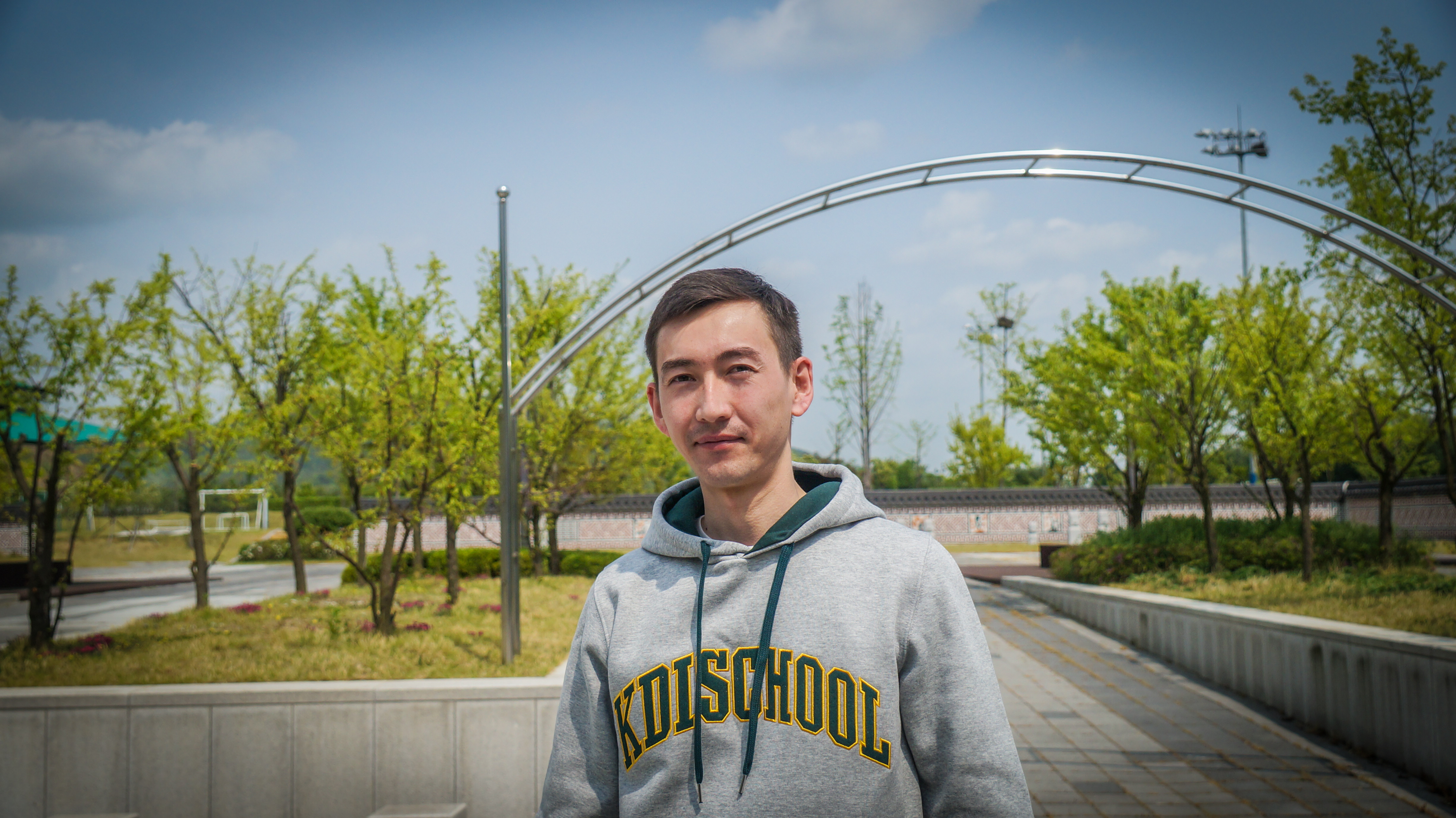
Altynai: I first chose Korea as a host country because it is a fascinating example of how a nation through a combination of hard work and brilliant minds can take off so fast and within several decades become one of the most developed countries in the world. Second, after researching and consulting with graduates, I applied to KDI School as it best fits my future career plans.
Uktam: A lot of positive comments, as well as the advice of KDI School alumni from my country made me choose to come here. I checked the website and found complete information about the school easily, and at the same time, informatively. The prestige and quality of studying at KDI School also influenced me.
- What are your respective majors and scholarships?
Kubanych: My major is Public Management (MPM) and scholarship provided by KOICA. We have a special focus on Regulation Management for Economic Development.
Altynai: As my main work experience lies at the community level which requires working with both governmental structures, as well as civil society organizations, I felt that I needed to strengthen my knowledge in policy development to sustain outcomes of the projects we do. So, I chose the Master’s Development Policy (MDP) with a concentration on sustainable development and received a Global Ambassador Scholarship for my studies.
Uktam: I am studying for a master’s of Public Management (MPM) through scholarship from KOICA.
- Since you arrived at KDI School, what has been your most significant experience?
Kubanych: Right after we arrived at the KDI School, we started our pre-fall semester with Korean Language and Culture and Language in Public Management classes. So from the first days, I’ve been meeting with highly-qualified professors. I noticed that each professor has a unique and valuable experience, and they all love their jobs, which makes the process of studying very interesting. Among other positive things, the most significant experience is to meet new professors each semester or during their special lectures.
Altynai: I flew to Korea at the most difficult time both for the country and the whole world but now that I’m here, I realize how fortunate I am to experience this situation in this particular country. I think it’s the best example of collaboration between the government and the people at a moment that is very unusual and hard.
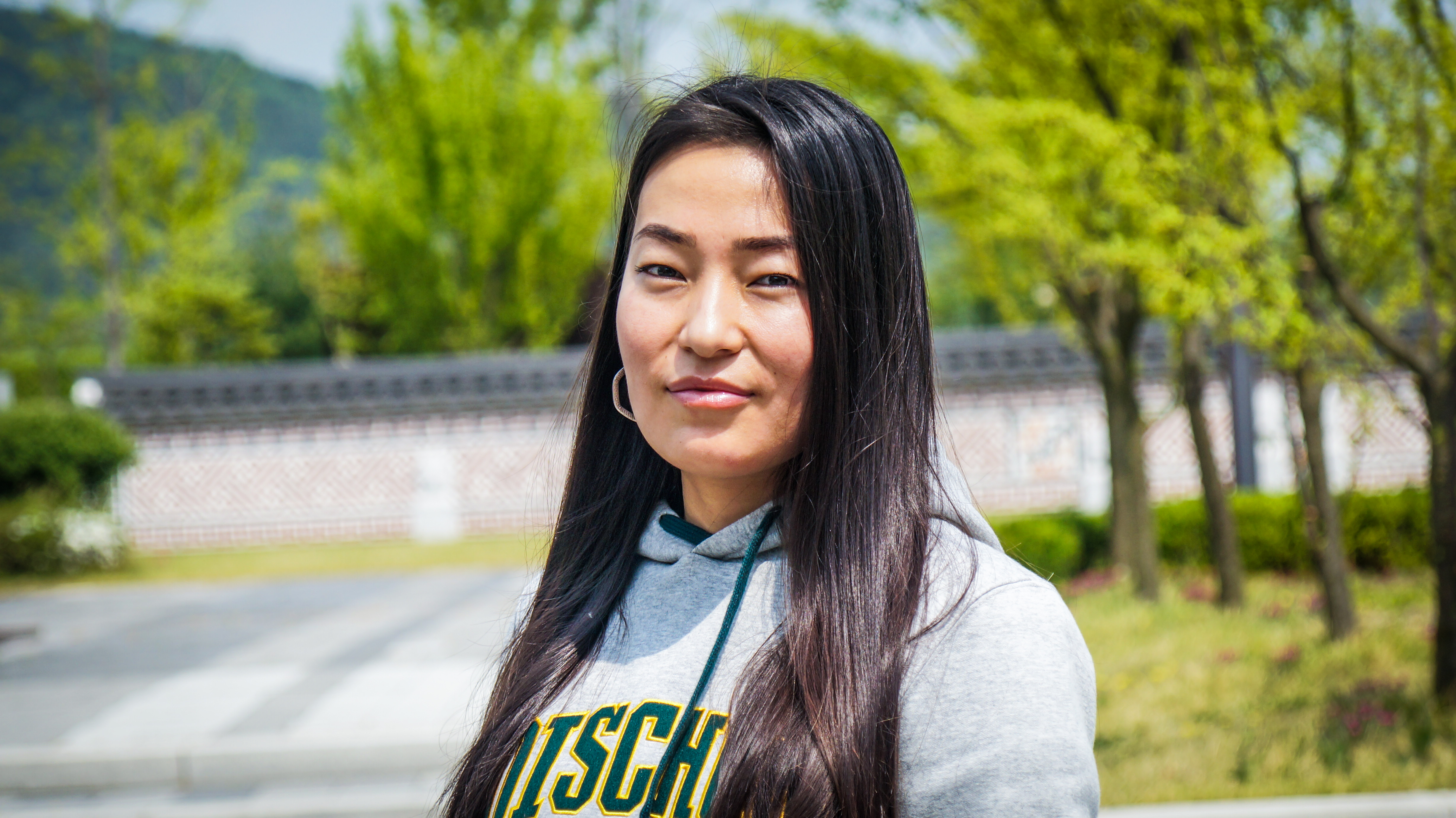
Uktam: For me, it is the excellent conditions for studying and the widespread use of high technology.
- What are the challenges you’ve faced? Have you adjusted to Korean culture?
Kubanych: Overall a process of study is not easy, but one gets acclimated after the first semester. Other challenges are the Korean language and local food (usually spicy). It is better to learn the language when you’re going outside the university, as well as to have some cooking abilities, which is useful when you miss your country’s food.
In general, I adjusted to Korean Culture because we also live in the Asian region. Sometimes I even meet Koreans who look like Kyrgyz. There are also markets (bazaars) like in my country where farmers can directly sell their products.
Altynai: The only challenge I personally outline for myself is that I haven’t been able to fully experience the country at the moment even though I believe I’ll have this opportunity in future.
Uktam: The difference in eating habits, such as the spicy food. Uzbeks are also Asian and the culture has many similarities with Korea.
- What has been the significant difference between education in Korea and your respective home countries?
Kubanych: Usually, in our higher education system, we’re not allowed to choose classes, so sometimes we have to audit classes which students may not want to enroll in. Also, the university library has all modern conditions for studying (even special places for sleeping) and is open 24 hours.
Altynai: Everything is different starting from the process of knowledge, delivery, and end with the environment the school creates for the students.
Uktam: Primarily, it is the use of high technology and the sheer number of foreign-educated professors.
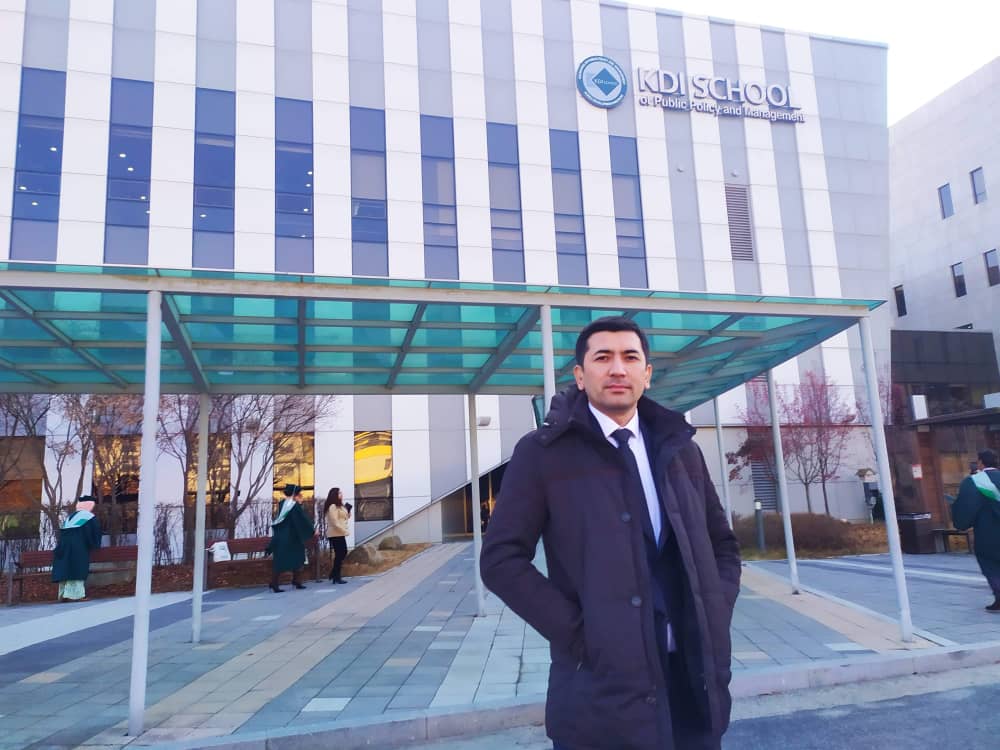
- What are your KDI School expectations?
Kubanych: I believe that studying in KDI School will have a high rate of return in the future in terms of my personal and career development which will be useful for the development of my country. Also, I’ve made good friends from Korea, as well as from all over the world, and I hope to see them someday even after graduation. They’re all invited to visit Kyrgyzstan.
Altynai: Apart from learning new things, I believe networking is the second most important thing we’re here for. I expect to learn not only from professors but also from other students and people I meet through my journey.
Uktam: Good graduation, future connection with the school, a direct cooperation with Uzbekistan.
- What is your favorite place on campus?
Kubanych: I like sitting on the balcony terrace of the second floor where you can enjoy the sun and special Korean landscape design with green trees and flowers. Also, there is a beautiful artificial waterfall which you may observe from the windows of the coffee shop on the second floor.
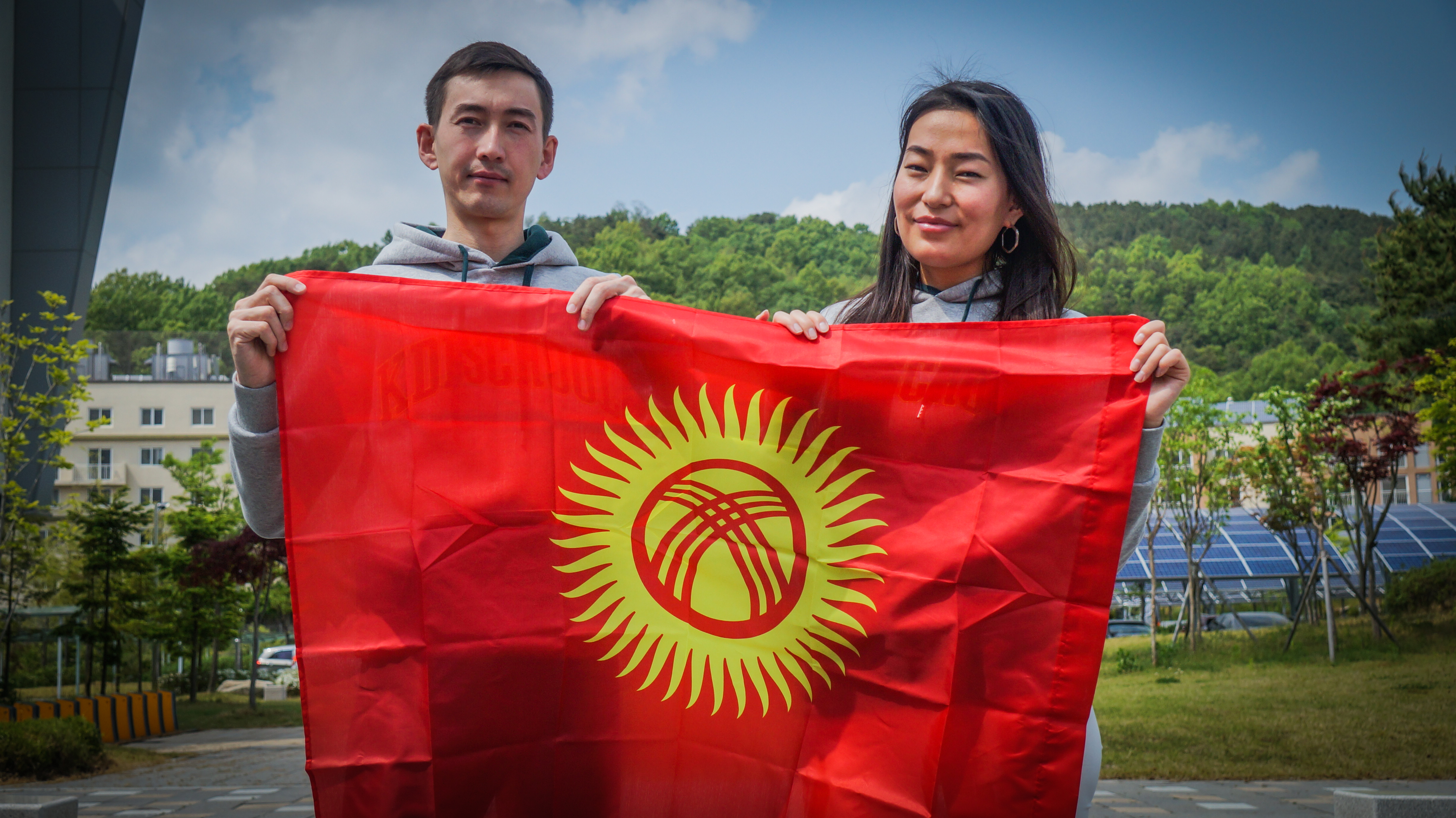
Altynai: I love not only the campus but also the area with its mountains, trees, and nature. I cannot think of a better place to build a school. It is quiet but at the same time very accessible to any destination in the country.
Uktam: Table tennis court, the gym, and the library.
- Could you share with us your career plans post-KDI School?
Kubanych: I am planning to return to my organization (National Bank of Kyrgyzstan) and continue to work on increasing the financial literacy of the population.
Altynai: I have many plans which I still need to sort out and carefully plan but I can definitely say that all of them are connected to creating a better future for my country and I’ll start by making even small changes.
Uktam: Our president in Uzbekistan is pursuing strategic reforms that include a policy for future policymakers in the country. I also have an agreement with my Ministry, as such, my graduation from KDI School will boost my promotion chances at my workplace.
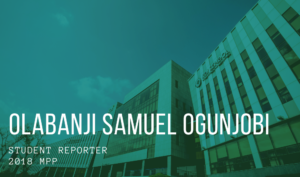
Related News
-
Story369 days ago
Congratulatory Remarks from KDIS Uzbekistan Alumni Grand Dinner, Jobirkhon Muminov (2012 MPP)#KDISCHOOL #KDIS #alumni #Uzbekistan #grand dinner #partnership
-
News1523 days ago
COVID-19 Outbreak: KDI School's Approach to Safety#2020 Spring #COVID-19 #KDI School Nurse #Zoom #Uzbekistan Community #Ping Chen
-
News5484 days ago
Kyrgyzstan, Switzerland of Central Asia
